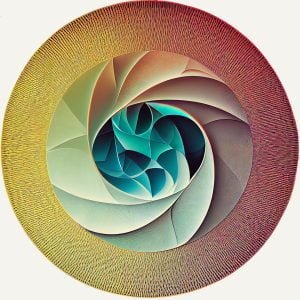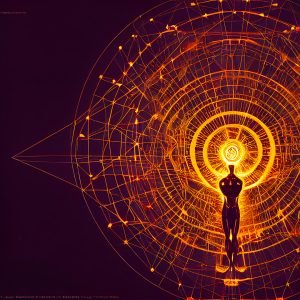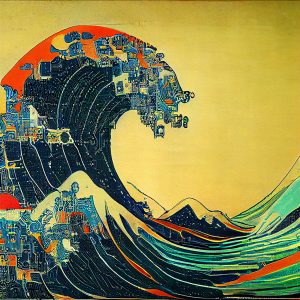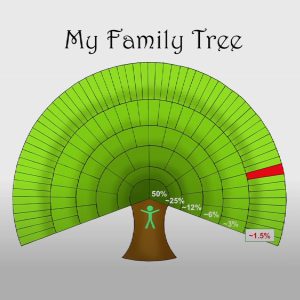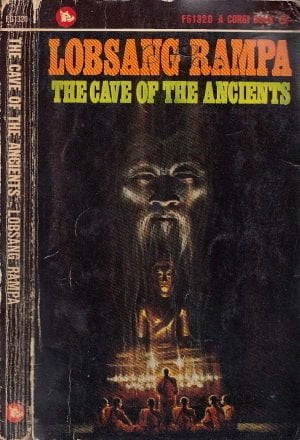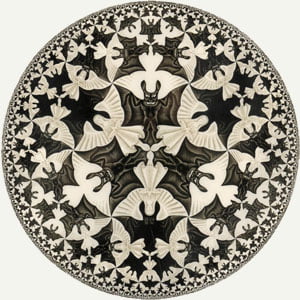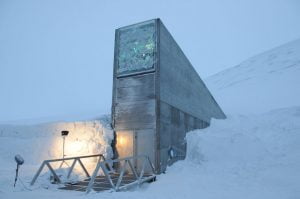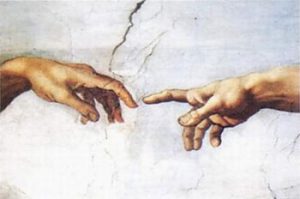Lobsang Rampa and what we choose to believe
When I was perhaps 14, I was intrigued with books by Lobsang Rampa, but I could only afford to buy very few books with my pocket money, and so I would buy another Asimov. Leafing through one of those Lobsang Rampa books, I recall reading about the mummified bodies of giants hidden under the Potala Palace in Lhasa. I don’t know whether I knew anything much about Tibet then, or whether, indeed, it was this …
a limit on human creativity?
With our creativity, we explore a space of art and culture, of science and technology, that expands outwards in all directions. By perceiving reality more clearly, we develop more sophisticated skills and tools that, in turn, deepen our perception of reality. It seems natural to believe that this virtuous circle is accelerating us towards an infinite horizon. But is this true and, if so, in what way?
a bonfire of the vanities?
The Internet could be the ultimate liberation of human creativity: into the hands of anyone with access to it, it puts a printing press and a recording and film studio—all connected to a world-spanning distribution system. By volume of output, by its breadth and quality, it has brought us a New Renaissance. But this revolution casts a shadow
a new covenant with nature
It is no surprise that human rights as a formal system, as legislation, should have arisen from the two cataclysms of ‘civil war’ that the Europeans brought upon themselves, and into which they drew so much of the rest of the world. As a way of trying to avoid descent into the horrors of the Rape of Nanking, of the Eastern Front, and of the Holocaust, it is essential, that at the heart of our …

